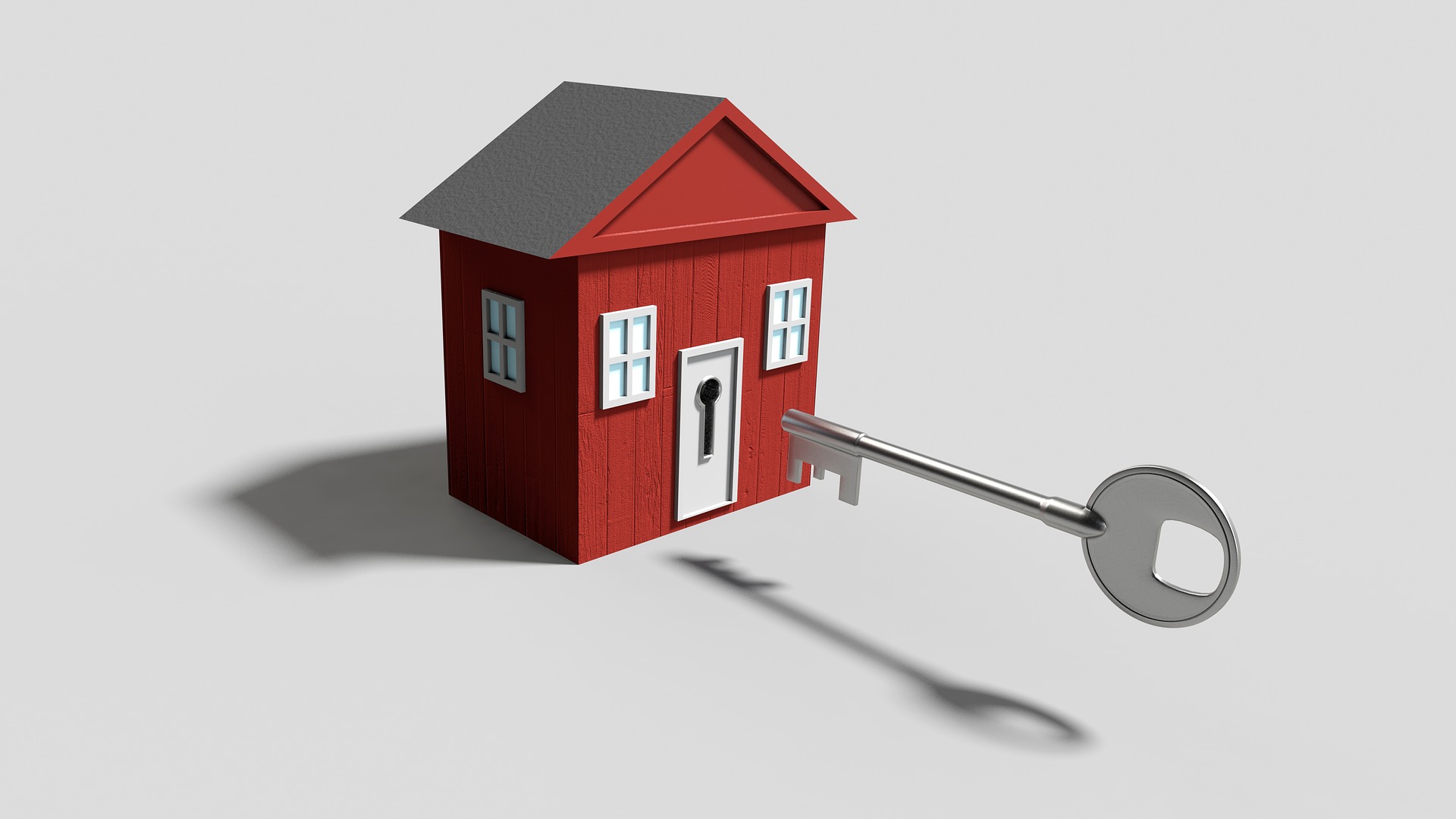
The current FHA loan limits are generally 115% of the median home prices in any given county. Meanwhile, the US Department of Housing and Urban Development, or HUD, regularly adjusts the loan “floor” and “ceiling” to help first-time home buyers, lower-income families, and borrowers with less-than-stellar-credit-scores to get a mortgage.
What Is An FHA Loan?
In a nutshell, FHA loans make homeownership more accessible to people, and especially to borrowers who might not otherwise be able to get a mortgage from traditional lenders such as banks. For this reason, they are more flexible and have less rigid approval requirements compared to conventional mortgages.
While it is easier to qualify for FHA loans than conventional mortgages, they have more restrictions on the type of property you can purchase. Furthermore, your future home won’t qualify if its market value goes beyond the loan “ceiling.”
2018 FHA Loan Limits
The maximum amount you can loan, also referred to as mortgage “ceiling,” for high-cost markets is $679,650, which is an increase of around 6.84 percent from last year. The national limit for reverse mortgages, or FHA-insured Home Equity Conversion Mortgages, is also pegged at $679,650.
In low-cost markets, which are sometimes referred to as “floor,” the upper FHA loan limit is $294,515, which is an increase of around 6.84 percent from last year.
Take note that your property’s location will determine the mortgage limit for your FHA loan.
The HUD adjusts the FHA loan limits depending on what’s happening to home prices. Over the last two years, there has been a steady increase in prices in more than 3,000 counties across the US; a trend that is expected to continue in the following years.
Yearly increases in FHA loan limits are not necessarily the norm. In fact, in 2014 they dropped from $729,750 to $625,500 because of the persistent weakness in the housing recovery that stemmed from the insufficient number of first-time homebuyers. Meanwhile, between 2015 and 2016 the FHA loan limits held steady.
Benefits Of FHA Loans
FHA loans are geared towards homebuyers who have not-so-good credit scores (or limited credit histories) or little cash or equity available so that they are typically declined by traditional mortgage lenders.
The list below explains the other notable benefits of FHA mortgages:
2018 FHA Loan Limits
The FHA has the lowest down payment in the mortgage lending industry, making it ideal for first-time and cash-strapped homebuyers. It only requires 3.5 percent down, whereas Fannie Mae requires a 5 percent down payment for its conventional loans.
Small Reserve Funds
Before banks and other traditional lenders agree to give you a new line of credit, they want to make sure that you have enough money in your bank account. With a solid emergency fund, they assume that you can continue paying your bills despite unexpected expenses or unemployment. The FHA, meanwhile, only requires that you carry at least one month’s worth of reserve funds, or the amount of money you need to pay your household bills.
More Relaxed Credit Requirements
Unlike traditional mortgage lenders, FHA is more lenient when it comes to your credit score. In fact, it may accept borrowers with a credit score as low as 580, provided that late payments were several years old (or you pay the balance before closing). Furthermore, it allows underwriters to overlook some “spots” in your credit report provided that they stem from circumstances that you have no or very little control of, such as serious accidents and sickness.

Image by Harry Strauss from Pixabay
Allows Larger Income To Debt Ratios
Traditional lenders want their borrowers to have a low income to debt ratio. To put this into perspective, some banks will not give out a new line of credit to someone whose monthly debt payment plus mortgage accounts for 36 percent or more of his monthly income.
Conversely, FHA is more flexible in that it allows borrowers with up to 50 percent debt to income ratio provided that they have significant cash reserves or they have extenuating circumstances that justify this high ratio.
Assumability
These loans are considered assumable, meaning that when you decide to sell your home the potential buyer will have no problem taking over your mortgage.
Possibly Lower Closing Cost Financing
Closing costs can be a burden to homebuyers. This is particularly true for someone who borrows from standard mortgage programs that limit seller contributions to 3 percent of the loan amount, whereas FHA allows up to 6 percent, which is often enough to cover most of the closing costs.
Drawbacks Of FHA Loan
As with any mortgage program, the FHA has its own drawbacks. Take note that FHA loan limits do not just pertain to the price ceiling but also to the type of property you can purchase. For example, fixer upper homes rarely qualify for this loan program.
Read on the list of drawbacks of this mortgage program:
Stricter Appraiser
Mortgage Insurance Cost
FHA Loan Limits
FHA Loans Vs. Conventional Loans
Because FHA loans are geared towards first-time homebuyers, they are rarely used to buy second homes or investment properties (unless with the approval of the Jurisdictional HOC). Conventional loans, meanwhile, can be used to purchase second homes and investment properties.
And as with most government-insured programs, FHA loans are filled with extra paperwork. On top of that, the appraisers are bound by stricter guidelines—i.e., they must point out even the tiniest health and safety hazards that must be fixed before closing. Despite the stricter property appraisal, the processing time required for FHA loans is almost similar to conventional loans.
Advantages
Drawbacks
Conclusion

Photo by Sharon McCutcheon on Unsplash
FHA loans are particularly ideal for borrowers with not-so-stellar credit records and lower credit scores, which makes it difficult to obtain financing from conventional mortgage lenders. And with today’s higher FHA loan limits, these borrowers could have access to larger mortgages that might help them purchase a home in a higher-cost area.
But as with most government-insured loan programs, FHA loans are filled with more paperwork compared to conventional mortgages, although surprisingly their processing time difference is generally negligible.
While FHA loans offer tremendous benefits, there are some things you may want to keep in mind. For instance, properties that require expensive repairs and homes in unusually pricey areas are often out of your reach with this type of loan
Last but not least, FHA loans always come with a mortgage insurance that is paid for the entire life of the loan, regardless of how much you give for the down payment on your home. This is not the case with conventional loans, which allows you to skip mortgage insurance when your DP is 20 percent or more of the home’s value.
Leave a Reply